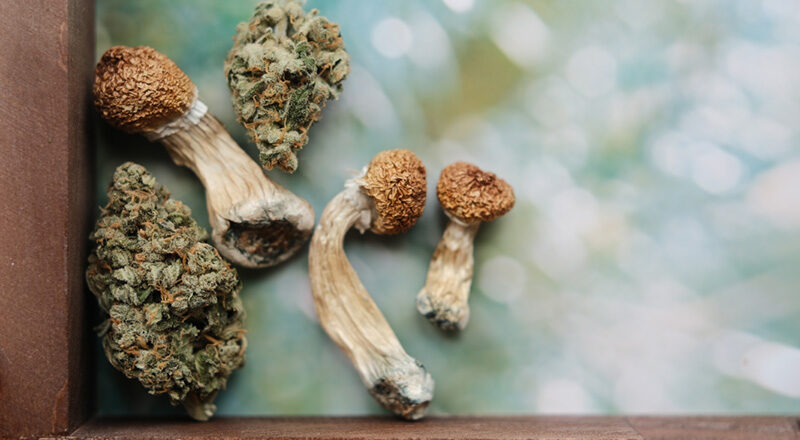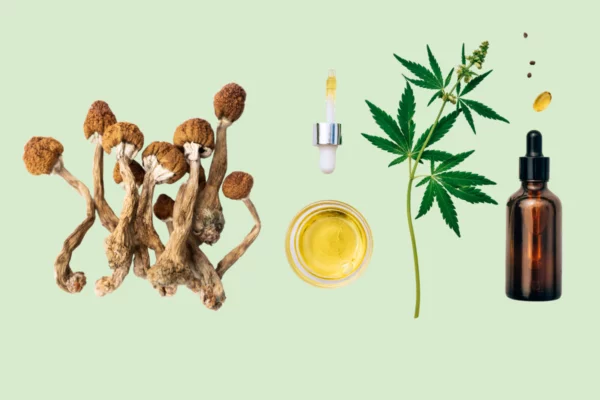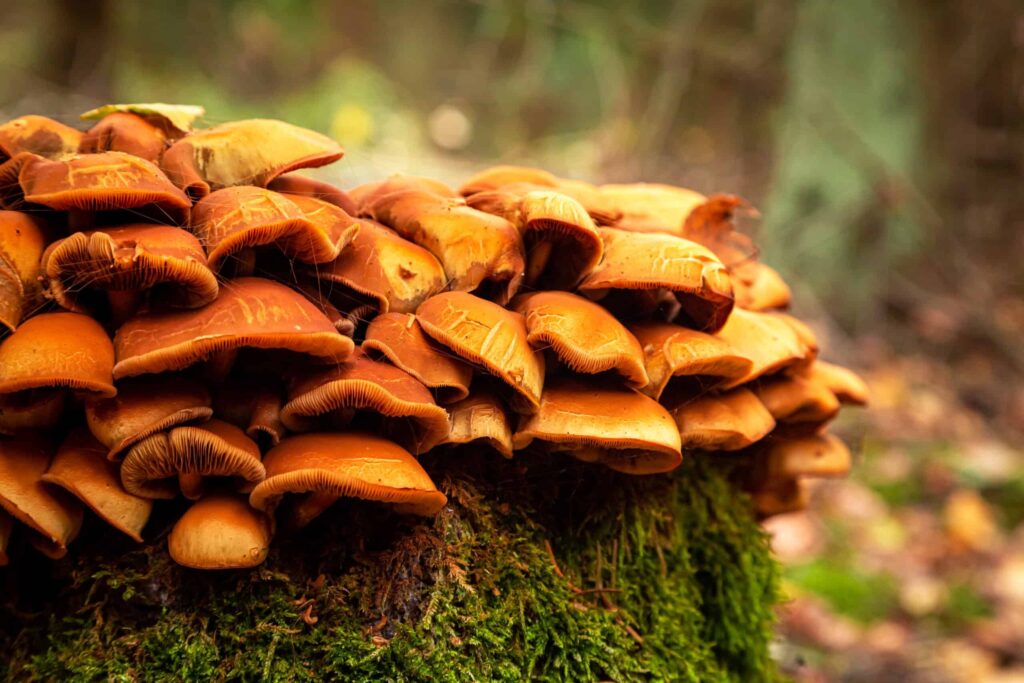Magic mushrooms, scientifically known as psilocybin mushrooms, have been entwined with the cultural tapestry of indigenous communities for centuries. These fascinating fungi have played a significant role in various spiritual, religious, and healing practices across the globe. In this exploration, we delve into the rich cultural perspectives surrounding magic mushrooms in indigenous societies, shedding light on their historical significance, rituals, and the profound impact they have had on these communities.
Historical Roots:
To understand the role of magic mushrooms in Canada indigenous cultures, we must first journey back through time. Many indigenous communities, particularly in regions like Mesoamerica and the Amazon rainforest, have a deep-rooted history of utilizing psychedelic substances for spiritual and medicinal purposes. Archaeological evidence suggests that magic mushrooms have been part of indigenous rituals for thousands of years, with depictions found in ancient cave paintings and artifacts.

Read Also : The Impact of Magic Mushroom Strains on Mental Health and Well-being
Cultural Significance
In indigenous cultures, magic mushrooms are often considered sacred entities, possessing a spiritual essence that connects individuals to the divine, nature, and the cosmos. These cultures view the mushrooms not merely as substances but as conduits for transcendent experiences, visions, and communication with the spirit world.
The Mazatec people of Mexico, for example, have a long tradition of using magic mushrooms in their shamanic rituals. The mushrooms, known as “sacred children,” are believed to be a gift from the gods and are used to facilitate communication with deities, gain insights, and promote healing.
Rituals and Ceremonies
Magic mushroom ceremonies are integral to many indigenous cultures, often guided by experienced shamans or spiritual leaders. These rituals are carefully designed to create a sacred and controlled space for the participants to embark on a journey of self-discovery and spiritual awakening.
The Ayahuasca ceremonies in the Amazon rainforest, which often incorporate magic mushrooms alongside the Ayahuasca vine, are renowned for their transformative experiences. These rituals are believed to cleanse the mind, body, and spirit, offering participants a deeper understanding of themselves and their connection to the natural world.
Healing Traditions
In addition to their spiritual significance, magic mushrooms have been utilized by indigenous cultures for their perceived healing properties. The compounds found in these mushrooms, particularly psilocybin, are thought to have therapeutic effects on various mental and physical ailments.
The indigenous people of Oaxaca, Mexico, have a long history of using magic mushrooms for healing purposes. Shamans in these communities believe that the mushrooms can diagnose and treat illnesses, providing a holistic approach to healthcare that considers the spiritual and emotional well-being of individuals.
Cultural Preservation and Challenges
While magic mushrooms hold profound cultural importance for many indigenous communities, their traditional use faces challenges in the modern world. The encroachment of Western influences, globalization, and legal restrictions on psychedelic substances have threatened the preservation of these cultural practices.
In some cases, indigenous communities find themselves in a delicate balance, striving to maintain their cultural heritage while adapting to the changing social and legal landscapes. The commodification of magic mushrooms for tourism or non-traditional purposes further complicates the challenges faced by these communities.

Respectful Engagement
As interest in magic mushrooms grows beyond indigenous cultures, it is crucial for enthusiasts, researchers, and policymakers to approach the topic with respect and cultural sensitivity. Understanding the historical context, acknowledging the sacred nature of these practices, and working collaboratively with indigenous communities are essential steps in fostering a responsible and ethical discourse around magic mushrooms.
The Importance of Cultural Respect
In the pursuit of understanding and appreciating the cultural significance of magic mushrooms, it becomes paramount to approach the subject with cultural respect and sensitivity. Indigenous communities, whose traditions have been shaped over generations, view magic mushrooms not as recreational substances but as integral elements of their cultural and spiritual identity.
Respecting the sacred nature of these practices means acknowledging that the use of magic mushrooms is embedded in a holistic framework that encompasses spirituality, healing, and community connection. When outsiders engage with these traditions, it is crucial to prioritize cultural humility, listening, and learning from the wisdom that these communities hold.
Challenges and Threats
Despite the profound cultural significance of magic mushrooms, indigenous communities face numerous challenges in preserving their traditions. The encroachment of external influences, deforestation, and the impact of climate change are threatening the ecosystems where these mushrooms naturally grow. Additionally, legal restrictions on psychedelic substances create obstacles for the continuation of traditional rituals and ceremonies.
As the interest in magic mushrooms expands globally, there is a risk of cultural appropriation, where elements of indigenous practices are taken out of their original context and commercialized. This poses a threat not only to the authenticity of the practices but also to the well-being of indigenous communities, who may face exploitation and loss of control over their cultural heritage.
Cultural Preservation Efforts
Efforts to address these challenges involve a combination of cultural preservation initiatives and collaborative partnerships between indigenous communities and external entities. Indigenous-led projects focused on environmental conservation, cultural education, and legal advocacy play a crucial role in ensuring the continuity of magic mushroom traditions.
Furthermore, acknowledging the intellectual property rights of indigenous communities concerning traditional knowledge is essential. Respecting their autonomy and involving them in discussions about the use and study of magic mushrooms fosters a more equitable and ethical approach to psychedelic research.
Looking Ahead
As we navigate the future of psychedelic research and exploration, it is essential to prioritize the inclusion of indigenous perspectives. This involves creating frameworks that empower indigenous communities to guide the discourse around the use of magic mushrooms, ensuring that their cultural heritage is protected and respected.
Conclusion
Magic mushrooms in indigenous cultures offer a fascinating glimpse into the intertwined relationship between humans, nature, and spirituality. As we navigate the evolving landscape of psychedelic research and exploration, it is imperative to honor and preserve the cultural traditions that have revered these mushrooms for centuries. By embracing a cultural perspective, we can foster a more profound appreciation for the significance of magic mushrooms in the diverse tapestry of human experience.
Understanding the cultural perspective of magic mushrooms in indigenous communities goes beyond recognizing their historical use; it involves actively participating in the preservation of these traditions. By fostering collaboration, respect, and cultural sensitivity, we can contribute to a more harmonious coexistence between the ancient wisdom of indigenous cultures and the evolving landscape of psychedelic exploration.

